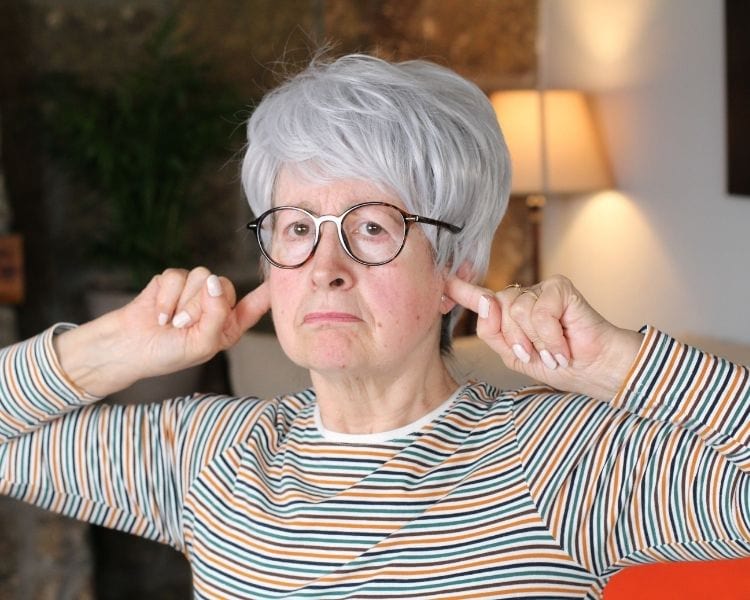Parents Do No Want To Live With People Their Own Age ?

It’s not uncommon for people well into their eighties or even nineties to refuse to move to a senior living community because they “don’t want to live with old people”. As if they’re not old themselves.
What gives?
Are these people in complete denial of their age? Well, not necessarily. Here are a few possible explanations.
1. They don’t want to be treated like other old people.
They know exactly how old they are. They just don’t want to be treated as if they’re frail, slow, in need of protection, or no longer capable of making their own decisions. They’ve seen ageism at work. It can be subtle or blatant, but they don’t want to be on the receiving end of it.
2. They’ve held negative attitudes about “old people” their whole life.
And now they’re old themselves. How did that happen? Disparaging other people their age may be their way of pretending they’re different, a special case to which stereotypes don’t apply, even if they don’t truly believe it.
3. They’re afraid that other people their age will drag them down.
If they hang around other seniors too much, they think they’ll be drawn into repeated conversations about failing health. They’d rather not be constantly reminded of what might be in store for them in the not-too-distant future. They’d prefer to live in the moment.
4. They’re determined to live by the philosophy “you’re as old as you feel”.
Hence, they continue to behave “young at heart”. Some days it’s easier than others, but they’d rather treat age as just a number. They may see “old people” as lacking the same positive mindset.

5. They’re concerned they’ll be cut off from younger people.
They enjoy being around them and assume that moving into a seniors’ community will mean the end of that. They’d rather not spend all their time with people their own age.
6. In their mind, “old people” is code for someone who needs care.
And they think that once they submit to receiving care, unwarranted limits will be placed on their freedom in the name of safety. That can lead to a life without purpose. They want to be seen as someone who still has something to contribute, not someone who has to be looked after.
How you should respond
Understanding why your parent says they don’t want to live with “old people” can help you come up with an appropriate response.
Start your discussion with them this way. Instead of reminding them they’re old too or arguing that they need care, be curious. Ask them what they mean about living with “old people”. Listen to what they have to say. Don’t try to correct them. The point is to get a handle on what’s important to them and what concerns them.
Understanding this is an important first step.
If you need some assistance speaking with your loved one about retirement living, I would be happy to help!


 Facebook
Facebook
 X
X
 Pinterest
Pinterest
 Copy Link
Copy Link
